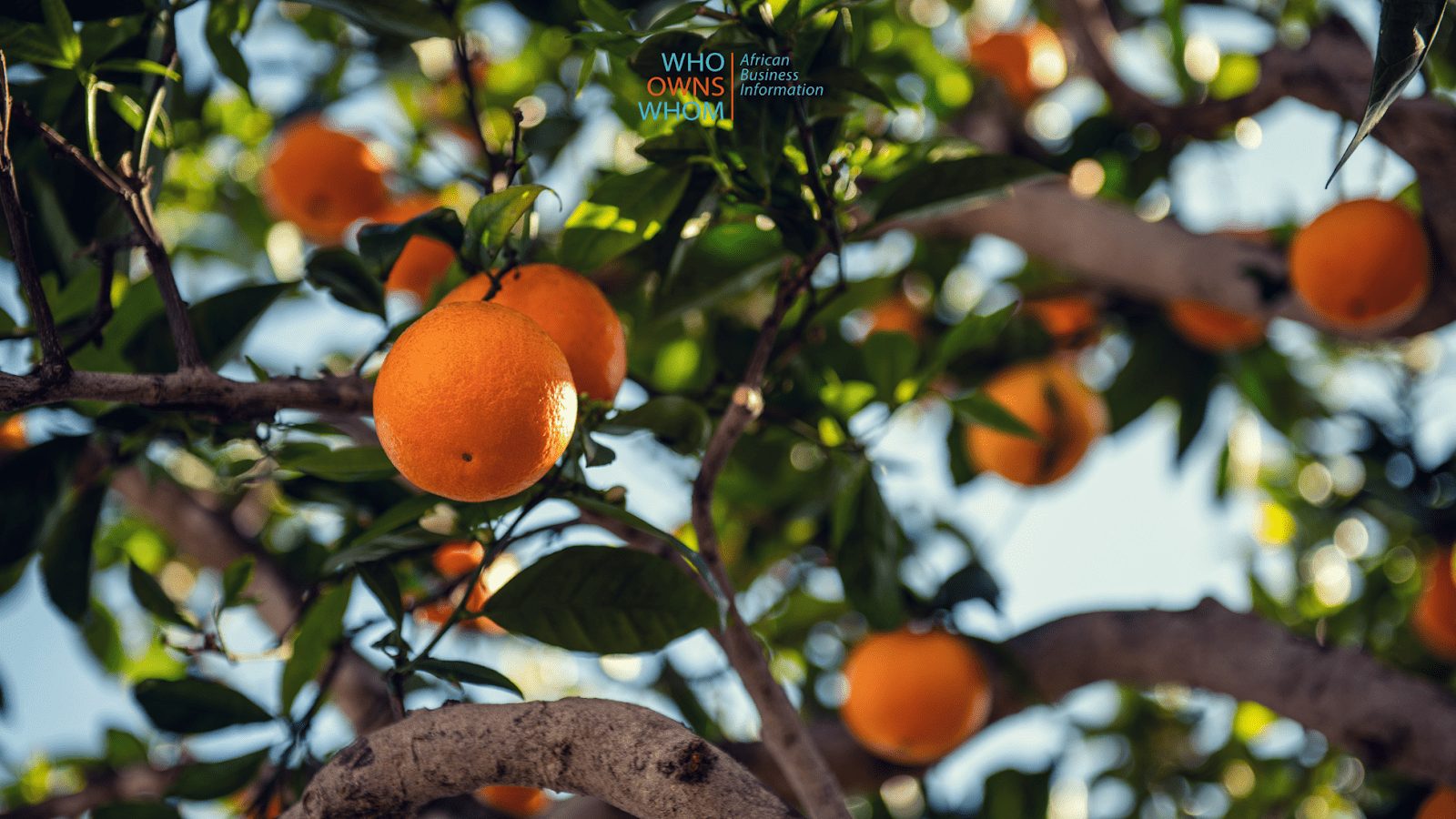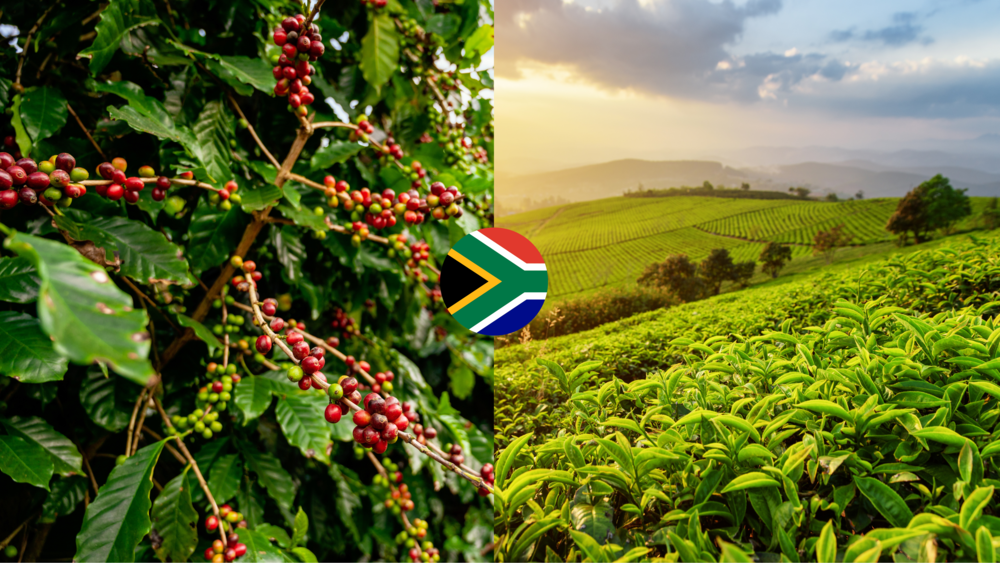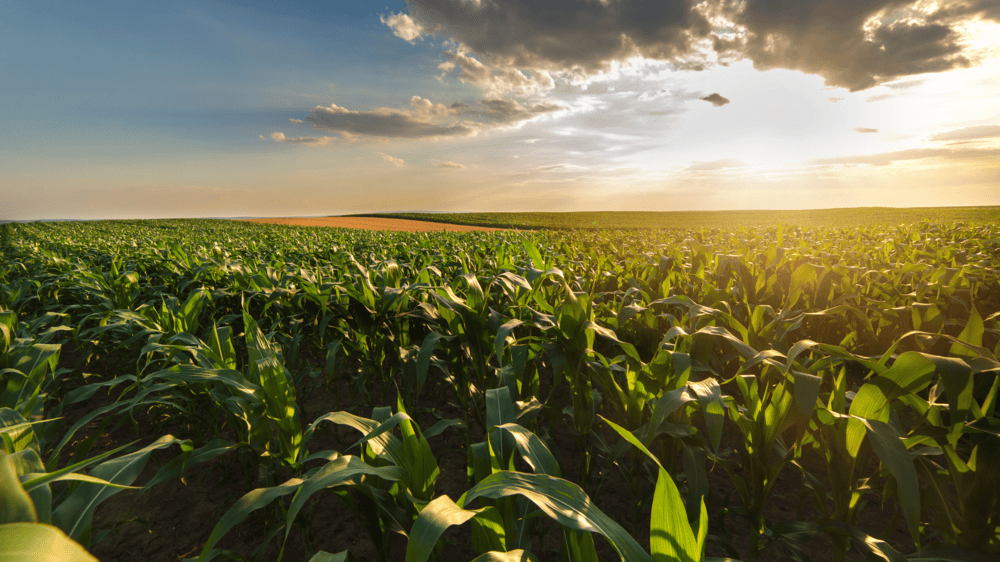Tobacco industry in Mozambique – Strategies to revitalise Mozambique’s declining tobacco industry
The global tobacco market is a double-edged sword. On the one hand, international regulations and health campaigns are intensifying, advocating for healthier lifestyles and discouraging people from using tobacco. On the other, the sector remains a crucial economic driver, particularly in countries such as Mozambique. The sector is a good revenue generator for governments that take advantage of lucrative “sin taxes”. With Mozambique being the third largest producer of tobacco on the African continent after Malawi and Zimbabwe, the contribution to the fiscus is significant.
The importance of the tobacco industry in Mozambique
As stated in the WOW report on the tobacco industry in Mozambique, the Mozambican Strategic Plan for the Development of the Agrarian Sector highlights tobacco as a strategic crop for local and global markets.
The government supports the industry through a land concession system resulting in the support for the livelihood of 150,000 farmers. The following link in the value chain (tobacco leaf trade) is, however, almost entirely controlled by Mozambique Leaf Tobacco (MLT), a subsidiary of NYSE-listed Universal Corporation, which handles all trade and exports. The subsequent link in the value chain (processing and manufacturing of smoke products) is 95% in the hands of British American Tobacco (BAT).
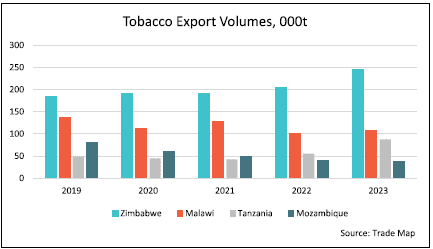
The value-add of the different elements of the chain is evident in the value of companies such as the Universal Corporation, which supplies leaves to Altria and others, which has a market capitalisation of under US$2bn, and Altria’s US$89b, when farmers who produce the leaves, are essentially subsistence farmers.
Key challenges in the Mozambican tobacco industry
The tobacco industry in Mozambique experienced significant challenges recently, the most notable being the dramatic 71.7% decline in production in the first half of 2024, according to Macaubusiness.com.
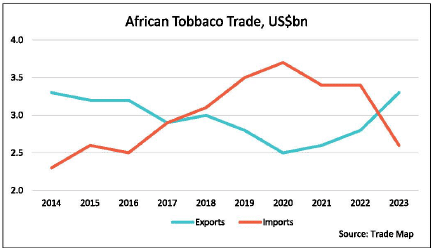
Demand has been suppressed by the World Health Organisation framework that discourages tobacco use.
Mozambique is also vulnerable to climate change, experiencing frequent floods and droughts, while its infrastructure is less developed than its competitors.
Sin taxes affect cigarette consumption, especially in Africa, where discretionary income is low evidenced by a shift to self-rolled cigarettes from local leaf production escaping those taxes.
How are farmers navigating the market changes in the industry
The WOW report indicates that due to the demand uncertainty created by the worldwide anti-smoking drive, some farmers have switched crops to soya beans which are showing a more stable demand pattern.
According to the report, manually rolled cigarettes made from local tobacco leaves are gaining popularity in Mozambique. It would be reasonable to assume that cost plays a significant role in this trend.
Growing tobacco in Mozambique, even when the annual harvest is unpredictable, provides a livelihood to 150,000 farmers and their families.
Opportunities in the tobacco industry
Creative and innovative marketing people, supported by ingenious chemists, have developed a life cycle extension strategy with vaping products to fulfil nicotine demand. The nicotine is taken from tobacco leaves, so the demand for tobacco leaves is not expected to decrease dramatically soon. However, there are questions about how this market, which health organisations and advocacy groups continue to battle, will grow.
While there has been increased foreign investment in the sector since the 1990s, and some modernisation in processing techniques, the country needs to keep up its efforts in balancing environmental concerns, economic challenges, and social challenges, particularly concerning health and sustainability.
Let’s smoke to peace and wish the tobacco industry in Mozambique a bright future.
Contact us to access WOW's quality research on African industries and business
Contact UsRelated Articles
BlogCountries Agriculture forestry and fishingSouth Africa
Preserving and Processing of Fruit and Vegetables in South Africa
Contents [hide] Agricultural production is an inherently seasonal activity globally and in South Africa. This poses a challenge for the agro-processing and manufacturing industries, which often struggle to maintain consistent...
BlogCountries Agriculture forestry and fishingSouth Africa
South Africa’s Tea & Coffee Market 2025: Price Shocks, Café Boom & Export Wins
Contents [hide] Anyone who remembers the competition between Betamax and VHS will know that VHS won the day, not because it had better technology. The same phenomenon is evident in...
BlogCountries Agriculture forestry and fishingSouth Africa
The Agribusiness Sector in South Africa
Contents [hide] The South African agribusiness sector is a backbone of the economy, driving growth and providing food security and employment. Who Owns Whom’s report on the agricultural sector in...

